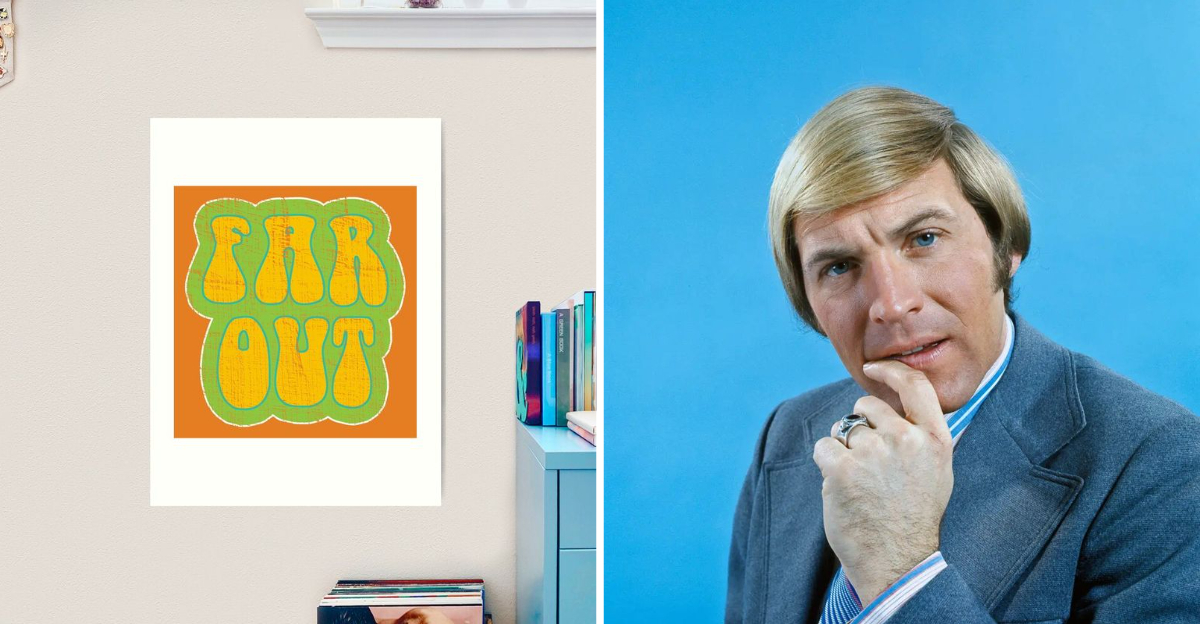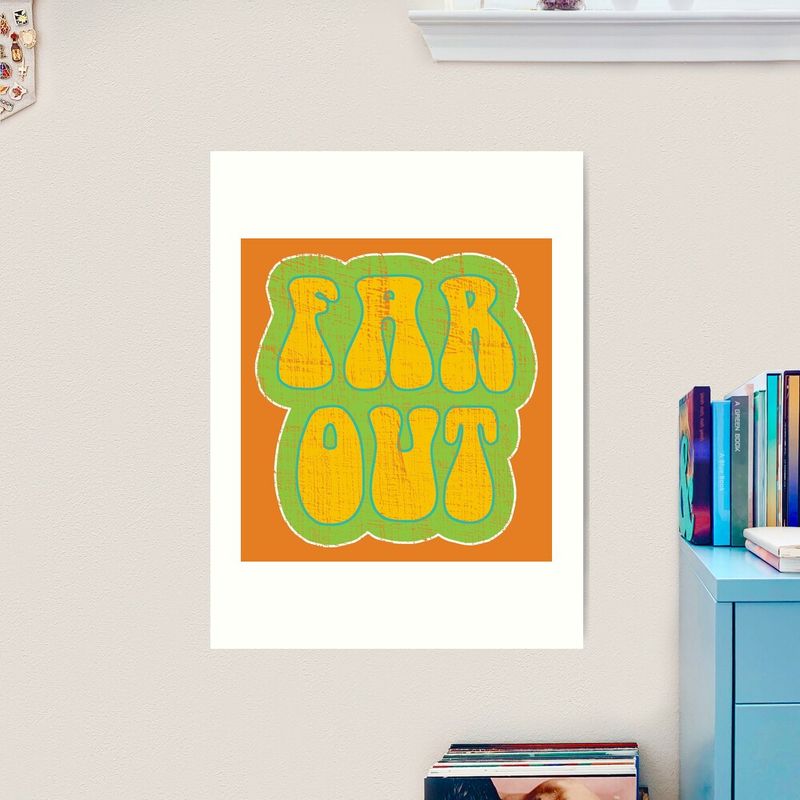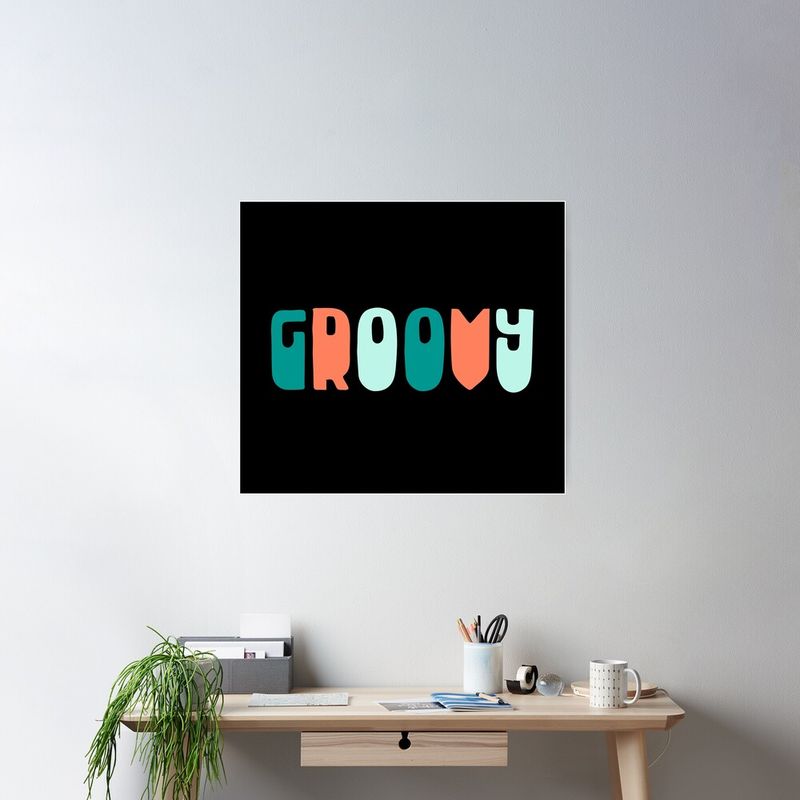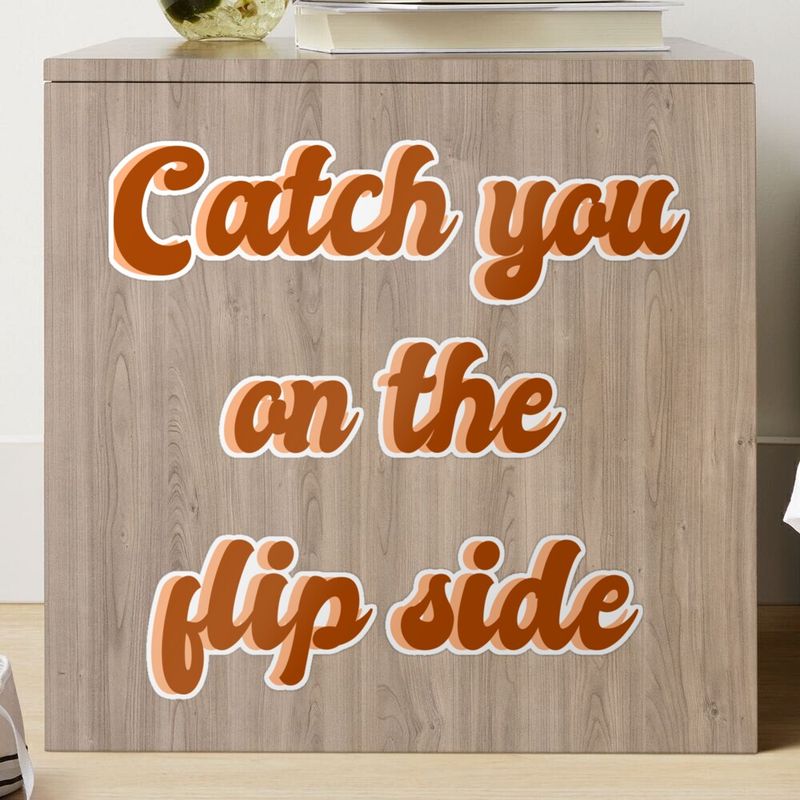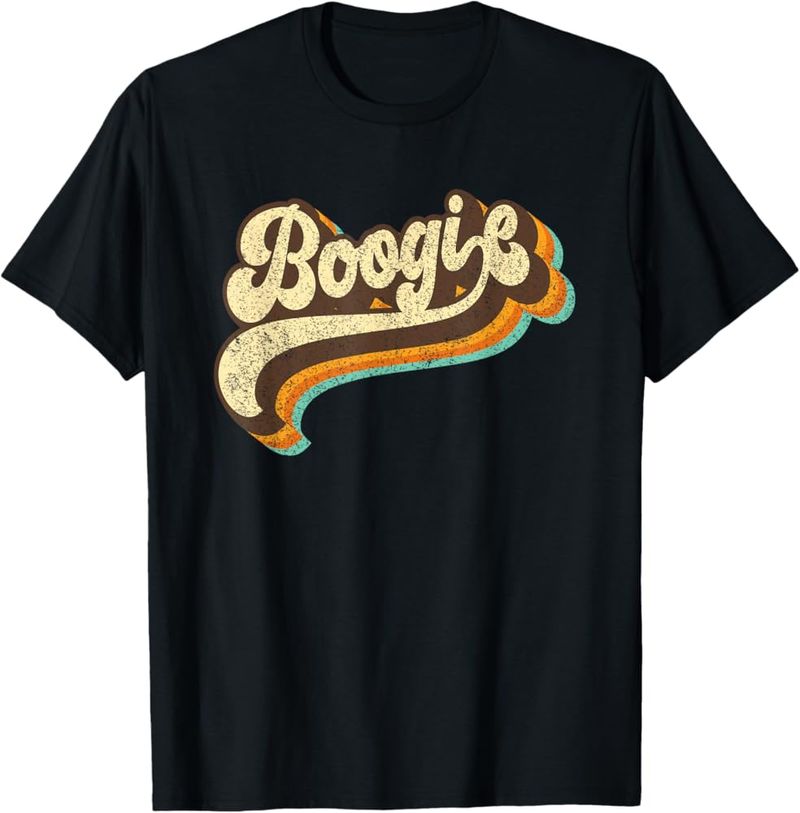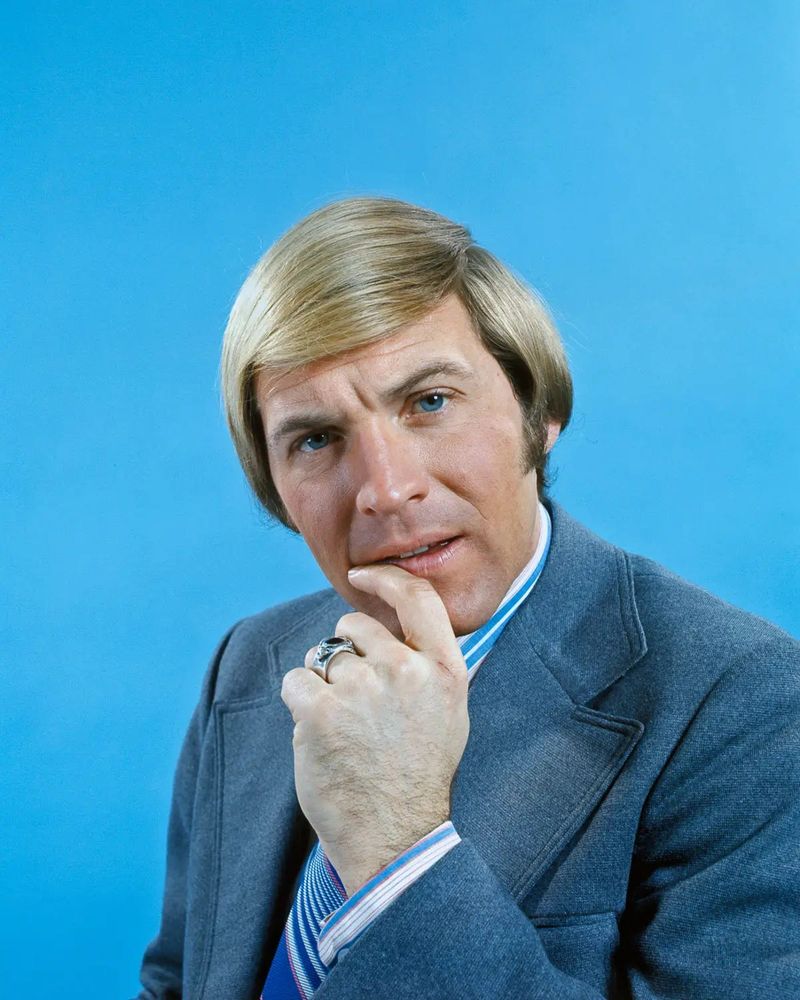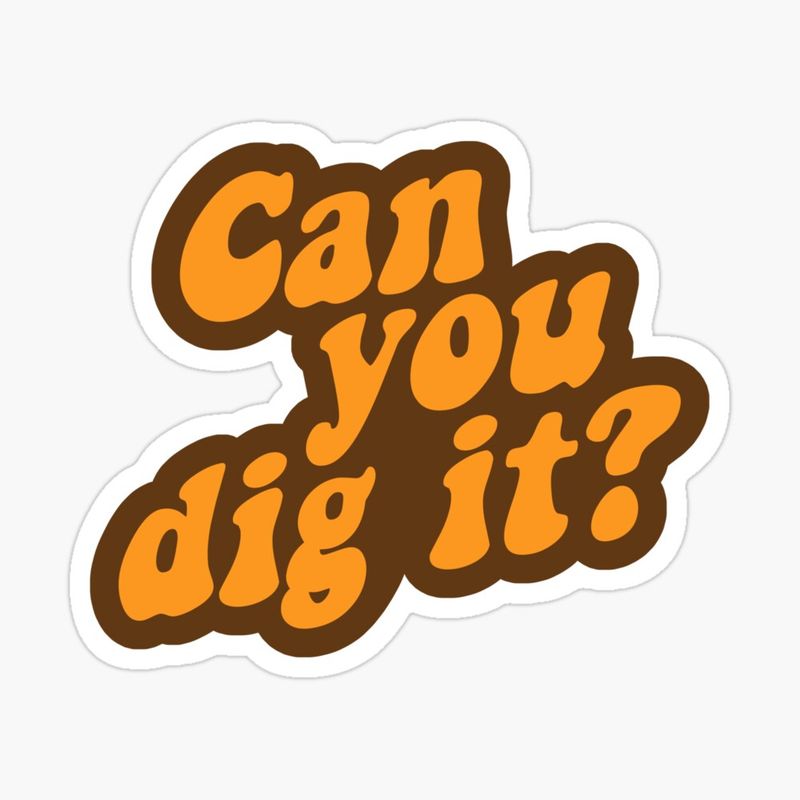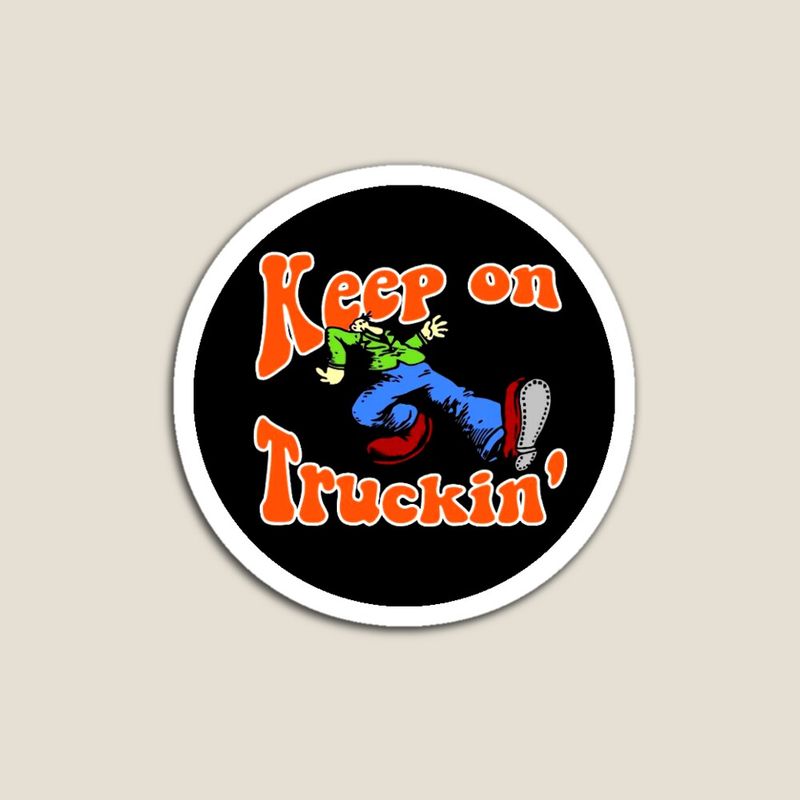Step back in time to the groovy era of the 1970s, a decade defined by vibrant culture, expressive fashion, and a language all its own. Slang from the ’70s wasn’t just a way of speaking; it was a lifestyle. These phrases were the vernacular backbone that held together a counterculture of free spirits and creative souls. In this blog post, we’ll explore the top seven slang terms that defined the era, complete with their meanings, a brief exploration of their origins, and how you might still hear them echoing through the air today.
Far Out
“Far out” was the quintessential expression of amazement or approval during the ’70s. If something was extraordinary or mind-blowing, it was “far out.” This phrase perfectly captured the spirit of exploration and expansion that permeated the culture.
It often accompanied psychedelic experiences and groundbreaking music, making it a staple among the hippie crowd. Today, it’s a nostalgic nod to a time when curiosity and wonder were at the forefront of society.
Reviving “far out” in your vocabulary can add a touch of retro flair to your expressions of delight.
Groovy
“Groovy” is perhaps the most iconic ’70s slang term, synonymous with something that is excellent, fashionable, or just plain cool. This word epitomized the decade’s love for music, dance, and the arts.
Its roots in jazz and the beatnik culture of the ’50s and ’60s added depth to its meaning in the ’70s. “Groovy” quickly became a universal term of approval, often associated with the funky beats of the era.
Incorporating “groovy” into your language can bring a lively, retro vibe to your everyday conversations.
Catch You on the Flip Side
“Catch you on the flip side” was a popular way to say goodbye, especially in radio and music circles. It indicated a sense of returning or continuing a conversation later, much like flipping a vinyl record.
The phrase reflects the era’s laid-back attitude and love for music, often used by DJs and radio hosts. It added a casual, yet intimate farewell to interactions.
Even today, using this phrase can bring a sense of nostalgia and a hint of musical charm to your goodbyes.
Boogie
To “boogie” meant to dance with enthusiasm and abandon, usually to the disco beats that defined the ’70s club scene. This term captured the essence of the era’s nightlife, where people gathered to dance the night away.
The disco era brought “boogie” to the forefront, as it described not just dancing, but an entire cultural movement. It was about freedom, expression, and rhythm.
Adding “boogie” to your dance vocabulary can inspire lively movement and a carefree spirit, reminiscent of disco’s golden age.
Right On
“Right on” was a rallying cry for agreement and solidarity, often used in social and political contexts. It reflected the decade’s activism and the fight for rights and justice.
The phrase conveyed approval and support, becoming a part of the lexicon of protest and change. It was both a personal affirmation and a collective cheer.
Today, saying “right on” can express strong agreement and a sense of unity, echoing the passion of the ’70s activism.
Can You Dig It?
“Can you dig it?” was a way to ask if someone understood or agreed, often used in casual conversations. It originated from the jazz scene and became mainstream in the ’70s, adding a smooth, cool vibe to dialogues.
The phrase’s charm lay in its rhythmic flow and cultural resonance, encapsulating the laid-back, yet expressive communication style of the time.
Using “can you dig it?” today can bring a fun, retro twist to your conversations, inviting agreement or understanding in a stylish way.
Keep On Truckin’
“Keep on truckin'” symbolized perseverance and determination, embodying the relentless spirit of the ’70s. It was about moving forward, no matter the obstacles, much like the long-haul truckers of the time.
This phrase became an anthem for resilience, popularized by comics and music, and used by those who embraced the journey of life.
By integrating “keep on truckin'” into your motivational phrases, you inspire continuous effort and positivity, echoing the unyielding optimism of the era.
